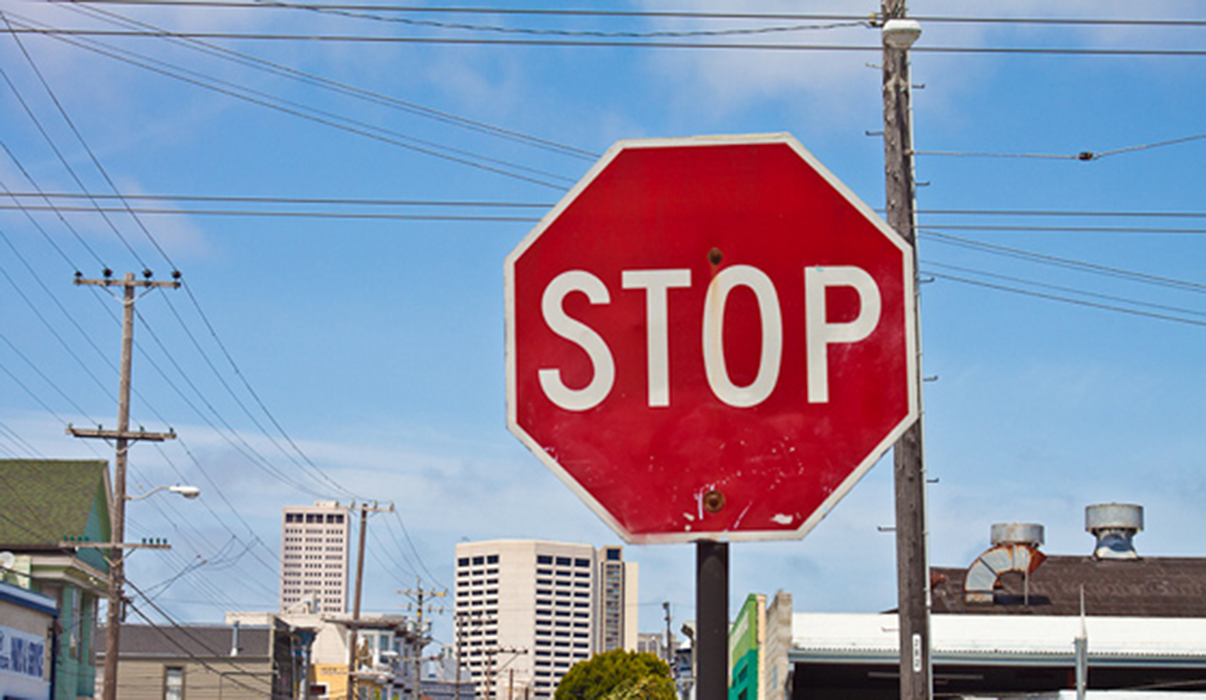SAN FRANCISCO—U.S. Magistrate Judge Sheri Pym ordered Apple to help the FBI break into an iPhone belonging to Syed Farook, a former employee of the Inland Empire Regional Center. Farook and his wife, Tashfeen Malik, caused a deadly massacre at the center on December 2, which resulted in the death of 14 people.
According to Apple, the federal magistrate’s order could mean that encryption for millions of iPhone users are compromised. Dozens of protesters rallied at the Apple store in downtown San Francisco to tell the FBI to “keep your hands and eyes off my iPhone.” Google’s CEO announced his decision to support Apple’s decision to fight the federal magistrate’s order.
According to the order, Apple will be required to supply software to the FBI to help the FBI in unlocking the phone by using a series of different combinations until it finds the correct code. Farook’s phone belonged to the county and has a self destruct feature which will erase the phone’s data after 10 failed attempts to unlock the phone.
Authorities say Farook and Malik preemptively destroyed their personal cell phones and hard drives from their computer. The phones were crushed beyond the FBI’s ability to recover data, and the hard drive has not been found by authorities.
Apple’s CEO Tim Cook posted a response clearly opposing the order on Wednesday, February 17, describing the unprecedented situation “which threatens the security of customers.” Cook indicated that encryption protection is essential in order to prevent hackers and criminals to access private information.
“The government has asked us for something we simply do not have, and something we consider too dangerous to create… Specifically, the FBI wants us to make a new version of the iPhone operating system, circumventing several important security features, and install it on an iPhone recovered during the investigation.” In the wrong hands, the software could unlock any iPhone, placing the personal safety of millions at risk, according to Cook. Although the FBI is arguing they would limit use to this case, “there is no way to guarantee such control” says Cook.
Apple currently has five days to challenge the court order, which many have said could set the stage for tech companies and government authorities across the country.




